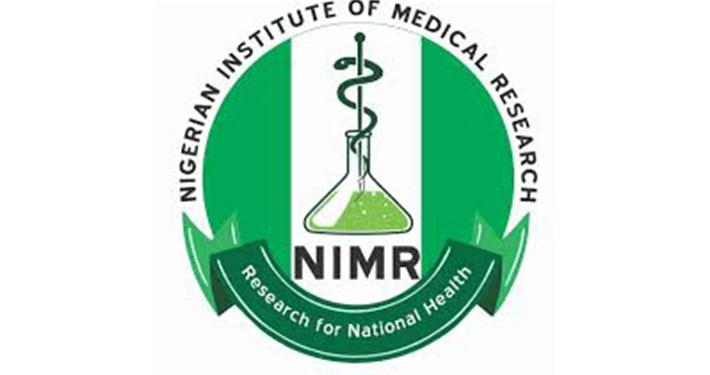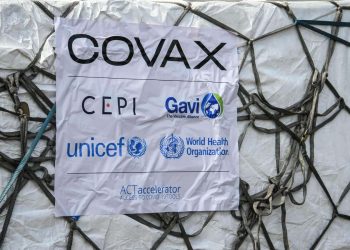As Nigeria targets the 2030 elimination of Neglected Tropical Diseases, the Nigerian Institute of Medical Research says the country is making commendable progress in this regard.
A director of research at NIMR, Babatunde Adewale, made this known at the institute’s monthly media interaction organised to enlighten Nigerians on some of its research findings.
Mr Adewale described NTDs as a group of conditions caused by a variety of pathogens, including bacteria, fungi, parasites, and viruses, mostly associated with rural areas.
“The country is currently at the stage of interruption of transmission of the disease, thereby, moving from the era of control to elimination of river blindness.
“No fewer than 37 million Nigerians have been taken off the treatment of river blindness, while 43 million are still at risk and eligible for treatment.
“Over 10 states in the country have achieved the stage of interruption of transmission and are still under surveillance to prevent resurgence of the disease,” he said.
Speaking on onchocerciasis, an NTD commonly known as river blindness, he said that the disease is transmitted through bites from infected black flies.
According to him, Ivermectin, an anti-parasite drug approved by the World Health Organisation, is, however, used for the treatment and control of the diseases.
He further stated that the treatment for onchocerciasis, which is prevalent in almost all states in Nigeria, with the exceptions of Lagos and Rivers, is a continuous process.
“With the advent of Ivermectin, which is the drug of choice for the control of river blindness as far back as the 1990s, when the control began in Nigeria, the strategy adopted was mass administration of Ivermectin.
“Studies from Nigeria, Mali and Senegal have shown that Ivermectin, instead of just controlling river blindness, can also eliminate the disease. So, instead of looking at control of the disease, there was a paradigm shift from the initial control strategy to elimination.
“The mode of treatment adopted is the community directive treatment where members of the community are engaged and appoint individuals who are trained to handle the distribution of the drug,” he said.
Regarding NIMR roles, he noted that the institute belongs to a network of four laboratories in the country that support the Federal Ministry of Health in accessing progress so far.
He added that, apart from laboratory support, the institute also provided technical expertise and research backup, which he described as one of the major components of the institute’s work.
(NAN)







